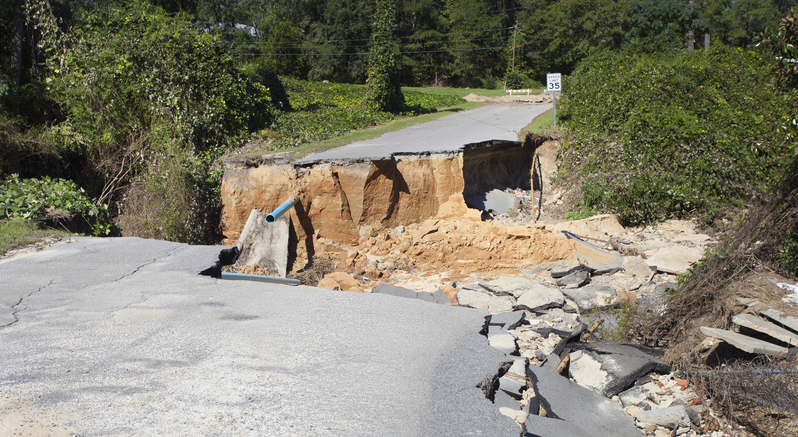We never know when disaster will strike, something I learned personally in the past month with Hurricane Helene. As a longtime western North Carolina mountain resident, we are used to being the place people evacuate to, not somewhere that needs to be evacuated from. We had no power, water, or communication for five days, and we were lucky. Friends affected by the flooding lost vehicles, homes, and precious items. Those in Florida had to deal with the double whammy of Milton on Helene’s heels.
It was stressful, and that was in a community I know, in a country where I speak the language. Assignees may not be in a similar situation. In a situation where the weather can be life-threatening and power and communication spotty, panic can set in. And with hurricane and typhoon seasons only predicted to become more dangerous, it is important to prepare. The lack of communication compounds any event, be it a natural disaster, disruptive political actions, or a more personal emergency such as a wreck in which a phone is lost.
Living Abroad gives your assignees the tools to know what to do in a disaster. We cover common natural disasters for an area and also note any historical civil unrest that expatriates need to be aware of. We provide information on local emergency numbers, and on the medical system, with links to local medical centers.
One powerful tool that can be used offline is “Create My Report.” While many assignees use it to create situation-specific PDFs about family life or business, users can also select information related to health, security, and disaster management to create and print a targeted file that contains important phone numbers and guidelines. This file can be kept in a safe place with other important paper documents that can be accessed even without power.
Another place Living Abroad provides useful information is in the Reference Pro Library. The articles on International Insurance and Security and Travel Advisories are worth a read before employees even arrive at their new home.
In addition to knowing local emergency numbers and the location of hospitals, always register with your local embassy. If they know where you are, they can provide contact and assistance with any evacuation. Also, the best time to check your emergency stores and evacuation routes is when things are calm. If you have children, sit with them and go over the plan, once every few months if possible. You should also check what technological resources are available on your phone model. On iPhones with ios18, texts can be sent via a satellite SOS service that activates when towers are down.
With proper preparation and guidance from experienced partners such as Living Abroad, you will be able to withstand disaster safely.
Written by Kate Havas, GMS-T, Content Manager


